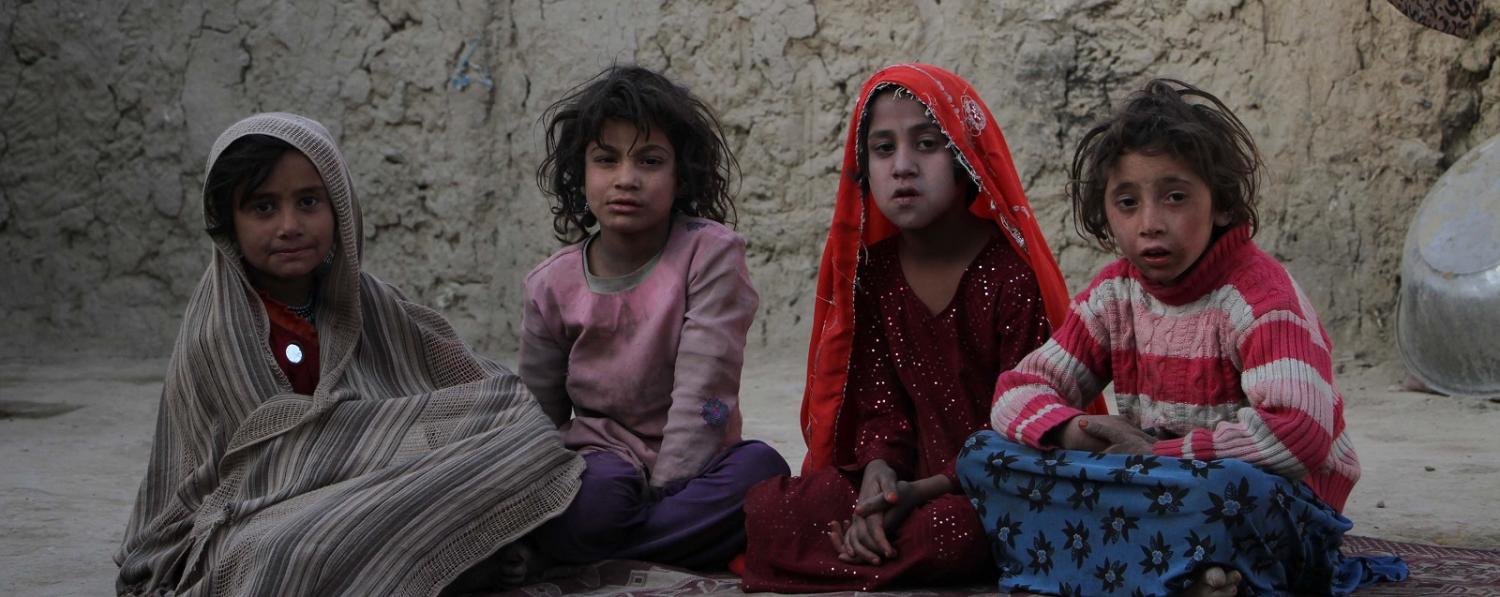Afghanistan has long suffered from interference by neighbouring and regional states. Despite the presence of international military forces, the donation of billions of dollars in aid, and commitments from the United States, United Nations, and NATO to uphold the development, territorial integrity, and sovereignty of this country, Afghanistan is still fragile and both internal and external factors have contributed to this stability.
These factors have the potential to derail Afghanistan’s development and even reduce the country to a failed state.
The insecurity in various parts of the country that has made everyday life in Afghanistan so dangerous arose from the national and international terrorist networks, but problems and disagreements between the Afghan government and its international allies have impeded progress.
Civilian deaths in military operations, the use of international funds and corruption in Afghanistan have long been stress points in these relationships though these tensions are often hidden from view. The Afghan government and its partners - including the US, UN and NATO - seek to control, to varying degrees, what information is made public, using their influence in national and international media organisations in and outside of Afghanistan.
In one recent incident, the US top commander in Afghanistan, Gen John W Nicholson, considered banning or restricting the UN’s access to a military base in Kabul, according to The Guardian newspaper.
Relations between the Afghan government and the UN and its allies have long been difficult, particularly under Afghanistan's former president Hamid Karzai, who ordered the expulsion of the US envoy from the country after neutrality in Afghanistan's 2009 election was questioned. In a memoir published after the event, the US secretary of state at the time Robert Gates said the 2009 election was 'ugly' and that, though the president was 'tainted', 'our hands were dirty as well'. The head of the UN mission at the time also came under fire.
Since the independent Afghan government was created after 9/11 with US support, it sought to operate independently but the international community has been reluctant to stand back, due mainly to fears funds would be misused.
In a tacit acknowledgement of the corruption international donors fear, Afghans have constantly asked for help in creating their own wealth, sustenance and security, rather than just money. They want to be taught how to fish, rather than just be given fish but this desire remains some distance from reality.
And then there are the military legacies that have led to lingering distrust. Arming the Afghan people against the Taliban in 2009 complicated already strained relations between the US, the Afghan government and the local population. The Pentagon's decision to arm local militias was supported by some warlords and Mujahidin commanders, but it did not help security in the country.
This one of the times when the US and British governments were not in league with the UN. The militants were supported by US intelligence, supplied with US dollars and weapons, and worked under US command. This went again the wishes of the Afghan people and was also opposed by the UN office in Kabul. A 2012 report from Human Reports Watch cited shocking incidents carried out these untrained local militia (amid widespread human rights violations across Afghani society including by Afghan security forces and 'endemic violence and societal discrimination against women and girls').
In the last two years, the Afghan government has reduced the power of warlord-governors by reassigning them away from their geographic power base, but their networks continue to influence provincial administration, in part due to the support of their international friends including the US.
The blame game is not a new one among the Afghan government and international donors but it is getting more complicated and dangerous was those who have worked side by side each other for the last decade becoming more and more critical of each other.
An Afghan political analyst Abdul Ghafar Kamyab told this writer the continued support of some warlords by the US goes against the wishes of Afghan people and the central government.
According to Mr Popal, while the US and NATO forces have declared their military operations in Afghanistan are finished, they are still running drone attacks in some parts of the country which 'is an act against the sovereignty of Afghanistan'.
One horrific example of this was the bombing attack on a Medicins sans Frontieres-run hospital in Kundoz province in 2015 that occurred when a US gunship thought the hospital was a building held by Taliban fighters. The attack killed 42 people and was condemned by the UN as 'inexcusable' but the US has denied it was a war crime.
Many worry the now-entrenched mistrust between the major players could mean national and international efforts to establish a stable Afghanistan since the fall of Taliban in 2001 will ultimately fail.
Now the Afghan president plans to release dozens of former fighters from jail, as set out in the terms of the peace deal struck with Hezb-e-Islami's Gulbudin Hekmatyar. The US and UN Human Rights Commission have always been against setting free Taliban and other fighters but the Afghan government looks set to ignore such concerns. It seems the government will continue to disagree with its international partners.

